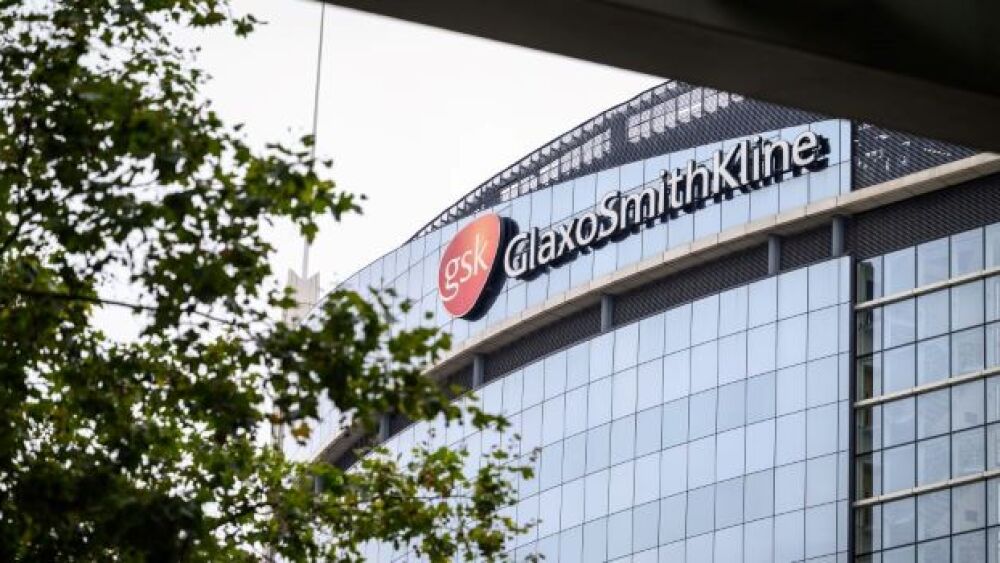GSK has pulled out of its partnership focused on developing T-cell receptor therapeutics for solid tumors with Immatics, the German biotech revealed in its Q3 financial results published Thursday.
Courtesy of Leon Neal/Getty Images
GSK has pulled out of its partnership focused on developing T-cell receptor therapeutics for solid tumors with Immatics, the German biotech revealed in its Q3 financial results published Thursday.
GSK’s notice to Immatics, which was delivered in late October, comes amid the company’s push to thin out its cell therapy pipeline. In the latter half of this year alone, GSK has already scrapped two cell therapy partnerships, one with Lyell Immunopharma and another with Adaptimmune.
A GSK spokesperson told BioSpace the decision was nothing personal.
“GSK has ended development of letetresgene autoleucel (lete-cel) and all development phases of NY-ESO targeting assets, including certain preclinical targets,” the spokesperson said. “This includes our agreement with Immatics.”
Immatics confirmed this in its quarterly filing, noting the decision was “unrelated to the programs and the progress achieved in the collaboration to date.” The partnership will formally end on December 26.
Inked in early 2020, the collaboration between GSK and Immatics involved an upfront payment of approximately $50 million for the development of autologous T-cell therapies against solid tumors. The deal was centered on Immatics’ XCEPTOR TCR discovery platform and XPRESIDENT technology, which the companies then used to identify proprietary compounds and targets.
The partnership was also open to the possibility of expanding into allogeneic cell therapies using Immatics’ ACTallo platform.
Other Casualties in GSK’s T-Cell Therapy Cull
Joining Immatics is Lyell, which also received GSK’s notice of partnership termination late last month after a strategic pipeline review by the British multinational.
The alliance between the two companies began in 2019 when they entered into a five-year research and development collaboration to pit Lyell’s proprietary technologies against solid tumors.
At about the same time, GSK also returned Adaptimmune’s preferentially expressed antigen in melanoma (PRAME) program. GSK elected to move forward with the PRAME program in January of 2017. The 2017 September agreement was an exclusive licensing deal for the NY-ESO SPEAR T-cell therapy program, which was part of an ongoing collaboration since 2014. The 2014 agreement was originally for five total targets.
After the fallout, Adaptimmune was forced to cut its workforce by a quarter to improve its cash position.
The same GSK spokesperson commented on GSK’s current focus, saying, “In oncology, we are building a strong position in IO specifically with Jemperli and assets targeting the CD226 axis (CD96, PVRIG, TIGIT). These have the potential to develop a complete axis blockade with doublet or triplet immunotherapies.”






